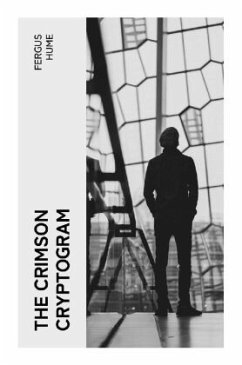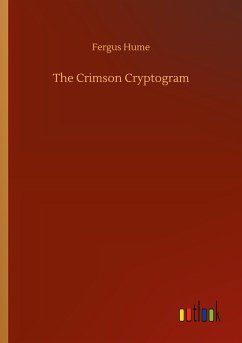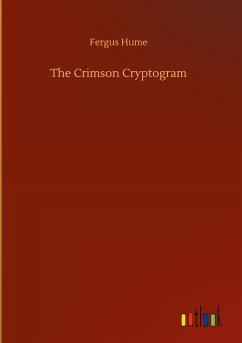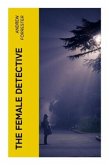In "The Crimson Cryptogram," Fergus Hume weaves an intricate narrative that merges elements of mystery and adventure within a Victorian framework. The story revolves around a cryptic letter that propels its characters into a web of crime and intrigue, characterized by Hume's signature use of vivid imagery and a deftly plotted structure. Drawing upon the literary conventions of detective fiction prevalent during the 19th century, this work showcases not only Hume's masterful storytelling but also his ability to explore themes of deception and moral ambiguity through a remarkably engaging and suspenseful style. Fergus Hume, an influential figure in the development of crime fiction, was inspired by his experiences and observations of the bustling city life in Melbourne, Australia. His background as a lawyer provided him with a unique perspective on human nature and the law, informing his characters' complexities and motivations. "The Crimson Cryptogram" illustrates Hume's craft as he navigates the societal expectations of his time, reflecting the anxieties surrounding crime and justice, which framed the literary milieu of his era. This novel is highly recommended for fans of classic detective tales and those interested in the early evolution of crime fiction. Hume's skillful blend of suspense, character development, and social commentary offers a rewarding reading experience that remains relevant today.
Bitte wählen Sie Ihr Anliegen aus.
Rechnungen
Retourenschein anfordern
Bestellstatus
Storno








